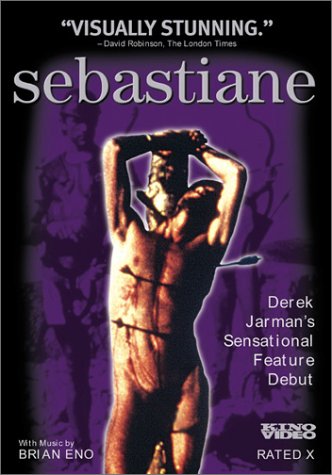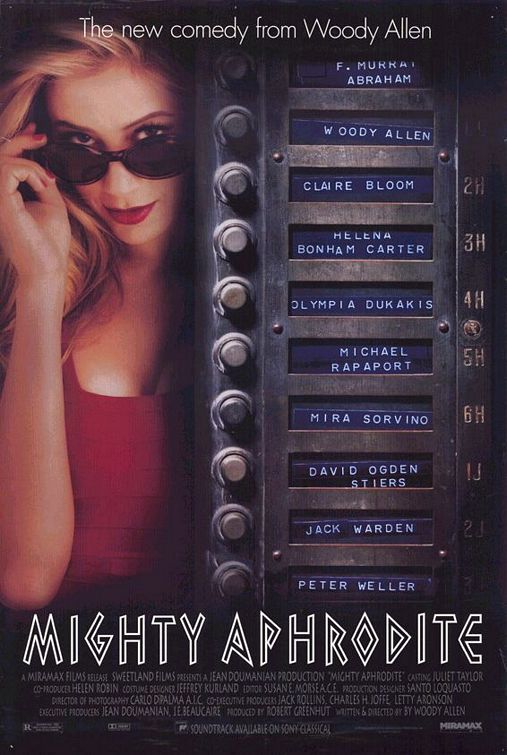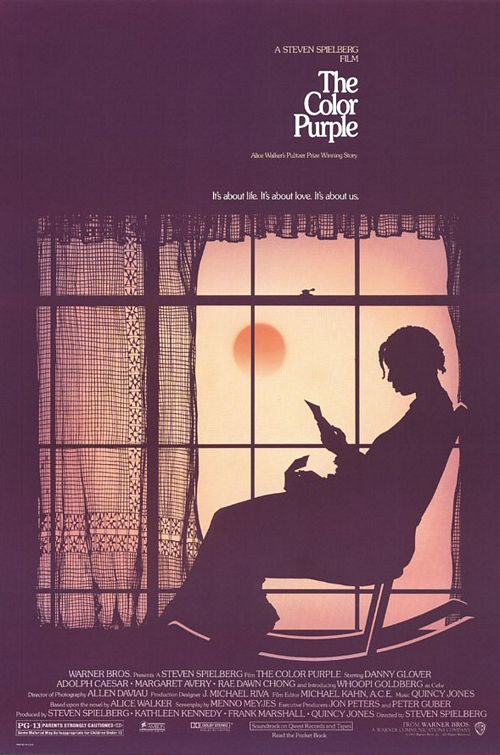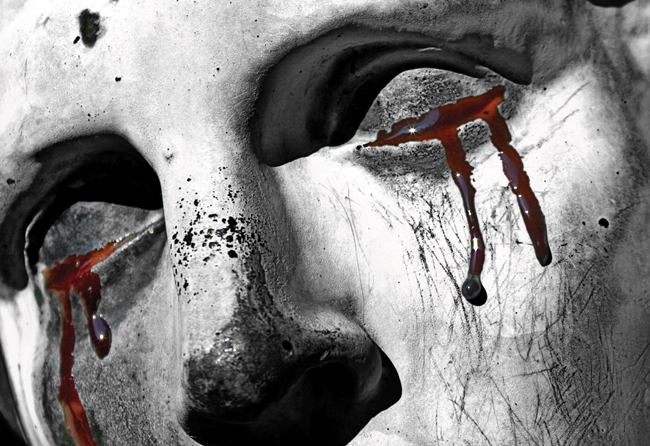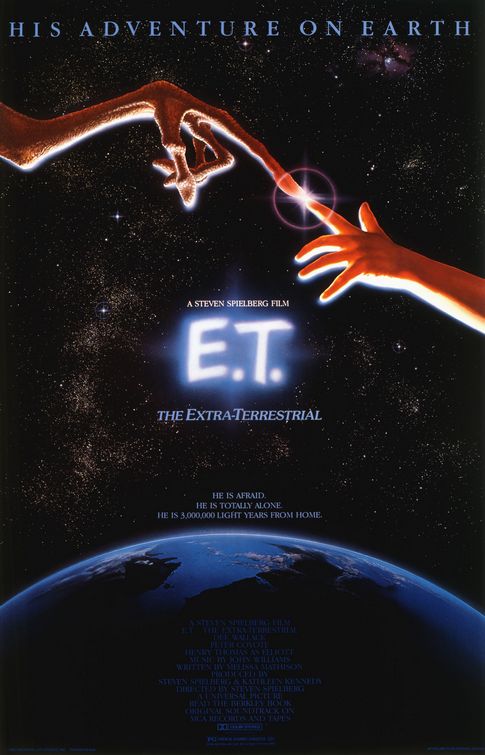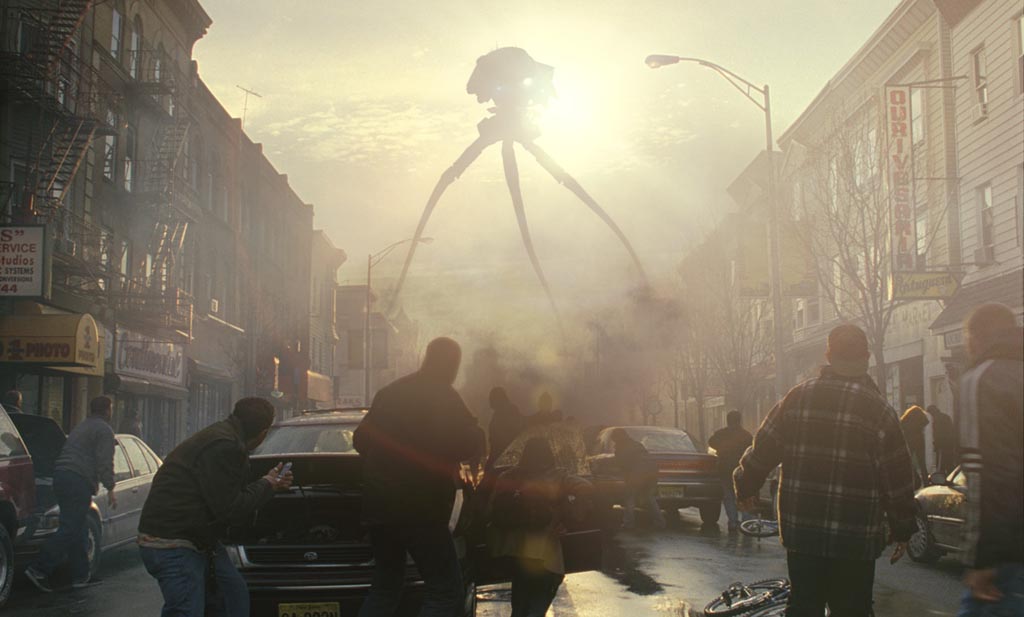
As it’s the eve of Thanksgiving, this poignant little memoir published in The Globe & Mail eight years ago seems appropriate.
FACTS & ARGUMENTS ESSAY from the Toronto Globe and Mail, April 25, 2001.
Escalating insight into a subway friend. Probably the big reason he enjoyed talking to me was that I didn’t know and didn’t care who he was.
By GLORIA BOYD
I took a French literature course at the University of Toronto 22 years ago. Since parking was difficult, I would take the bus and the subway to class. Every time I tried to get off the bus, the exit was blocked by an elderly, portly gentleman dressed in a dark coat. I would brush past him with a swift, “Excuse me,” and run down the subway stairs, only to find that there was no train.
Eventually, the old man ambled down and gave me an amused look, as if he wanted to say, “You see, there’s no point in rushing.” Three times a week I would stand on the platform, anxiously looking to the left to see if a flickering light emerging from the tunnel would announce the approaching train. Afterwards, I would turn my head in the opposite direction to watch the old man walk down the stairs. He walked slowly and patiently, distributing his weight evenly over each step with precision and determination. The train must have known to wait for him, as it always pulled in obligingly as he reached the platform.
After a while he started to smile at me and I smiled back. Then the smiles turned into “Good morning,” and one day he sat down beside me and we started to talk. We never bothered to introduce ourselves and talked about impersonal subjects—the theatre, cinema and travel. He told me that he was going to take his wife to Australia, and I talked about my impending visit to my native Hungary. I began to look forward to my subway rides with the old man. Looking back now, I realize that I did most of the talking and he listened patiently to my incessant silly chatter.
Then one day I had to tell him, “I’m sorry, I can’t talk to you today. I have to analyze a poem.” I explained that I was taking a French literature course at the University of Toronto and added, “I don’t know if you know anything about poetry, but I find it most confusing.”
The old man didn’t answer, and sat silently beside me as I read and re-read a poem by Rimbaud. It wasn’t until I closed my book that he turned to me and asked, “What seems to be your problem? Is it the French?”
“Oh, no. My French is fine. It’s just that poetry is taught so differently now from the way it was when I went to school, and all those metaphors and similes drive me crazy.”
The old man said he would like to recommend a book which might help me. He didn’t strike me as someone who knew much about literature, but I wasn’t going to hurt his feelings, and obediently wrote down the title of the book. After I left him, I realized he hadn’t told me the name of the author. I went back to him as he was coming up the escalator and said, “You didn’t tell me who wrote the book.”
“I did,” he replied quietly.
A little surprised, I asked “So, what’s your name?”
He answered shyly, almost inaudibly, “Northrop Frye.”
